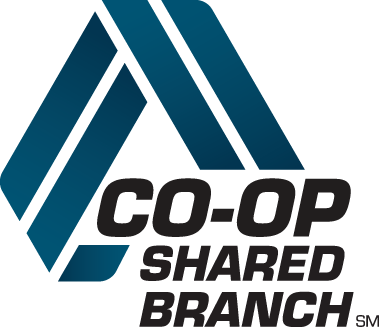Our auto loans feature competitive rates and terms that work with your budget — whether you’re looking for a kid-friendly minivan or a flashy coupe just for you.
Auto Loans Made Just for You!
- Competitive, fixed rates on new or used vehicles
- A wide range of terms available, from 36-84 months
- Pre-approval available for extra bargaining power at the dealership
- Refinance your current vehicle to potentially lower your rate
- Local decision-making and processing of your loan request
- Detailed, friendly service from start to finish
Check out our buy vs. lease calculator!
*Minimum amount is $3,000. Subject to membership and credit approval. Some restrictions may apply. Rates may vary based on credit worthiness. Rates, terms, and conditions subject to change without notice.
Let us help you win at the dealership!
WinSouth Credit Union has established a relationship with many new and used car dealers throughout NE Alabama. This allows members to receive the same great rates and convenient financing on demand just like you were sitting in our branches. This is available during normal business hours and on nights and weekends so you never have to wait to complete the purchase of your dream car.
If you are just beginning to shop for that new ride, stop by any WinSouth CU branch and get Pre-approved or complete an application on our website and a loan office will be in contact with you shortly to complete the process. This will provide you with the peace of mind to know how much you can finance, what the monthly payment will be and lock in your great rate before the negotiations begin.
Make sure you ask for WinSouth Credit Union financing when you visit the dealership!!
First and foremost, welcome to WinSouth Credit Union! You are now a member and can take advantage of all of the other products and services we offer. When you closed on your loan at the dealership, you automatically became a member.
What's next?
Within 7 - 10 working days for the day you closed on your loan, you should expect to receive a packet in the mail. This packet will contain important information so you can register for digital banking - an easy and convenient platform for making your loan payments.
How Do I Make My Payments?
After you receive your welcome packet, there are two ways to make payments.
- Digital Banking - easily make your loan payments fee-free through our digital banking.
- RePay- easily make your loan payment with a debit card online. A processing fee will be applied to the payment.
When it comes time to purchase a vehicle, one of the most significant decisions you'll face is whether to buy a new car or a used one. Both options come with their own sets of advantages and disadvantages, and understanding these can help you make an informed decision that best suits your needs and budget.
Pros of Buying a New Car:
One of the most appealing aspects of purchasing a new car is the peace of mind that comes with it. New cars come with comprehensive warranties that typically cover most repairs and maintenance for several years. Additionally, they feature the latest technology, safety features, and fuel efficiency improvements, which can translate into a better driving experience and lower long-term operating costs. There's also the intangible thrill of owning a brand-new vehicle that no one else has driven, complete with that signature new car smell.
Cons of Buying a New Car:
However, new cars come with a hefty price tag. The initial cost is significantly higher than that of a used car, which can make a substantial dent in your finances. Moreover, new cars experience rapid depreciation; they can lose up to 20-30% of their value within the first year alone. This means that if you decide to sell or trade-in your car within a few years, you might not recoup a large portion of your investment. Insurance premiums are also typically higher for new cars, further increasing the overall cost of ownership.
Pros of Buying a Used Car:
On the flip side, purchasing a used car can be a financially savvy decision. Used cars are generally much more affordable, allowing you to potentially buy a higher-end model for the same price as a new, lower-end vehicle. The slower depreciation rate of used cars means they retain their value better over time, making them a smarter investment if you plan to resell. Additionally, lower insurance premiums and registration fees contribute to the overall cost savings associated with buying used.
Cons of Buying a Used Car:
Nonetheless, used cars are not without their downsides. They often come with a higher risk of maintenance issues and repairs, especially if the vehicle's history is not well-documented. While many used cars are sold in good condition, there’s always the possibility of underlying problems that may not be immediately apparent. It’s crucial to have a trusted mechanic inspect any used vehicle before purchase. Furthermore, used cars may lack the latest safety features and technological advancements, which could be a significant drawback for some buyers.
In conclusion, the decision between buying a new car versus a used one hinges on your personal priorities and financial situation. If you value the latest features, warranties, and the joy of a brand-new vehicle, a new car might be worth the extra cost. Conversely, if you’re looking to save money and are comfortable with potential maintenance risks, a used car could be the better option. Carefully weighing these pros and cons will help you steer towards the choice that best aligns with your needs and lifestyle.






